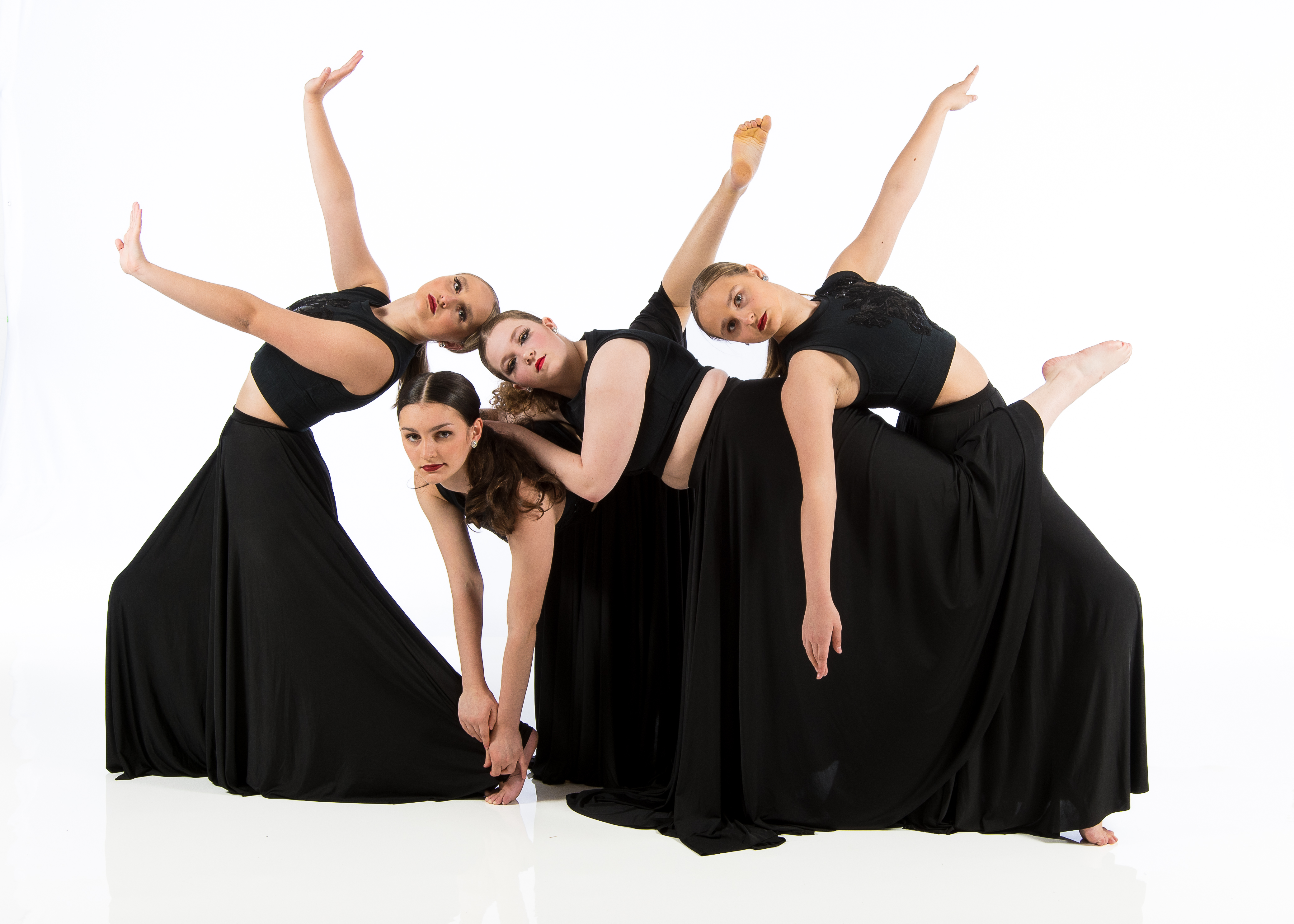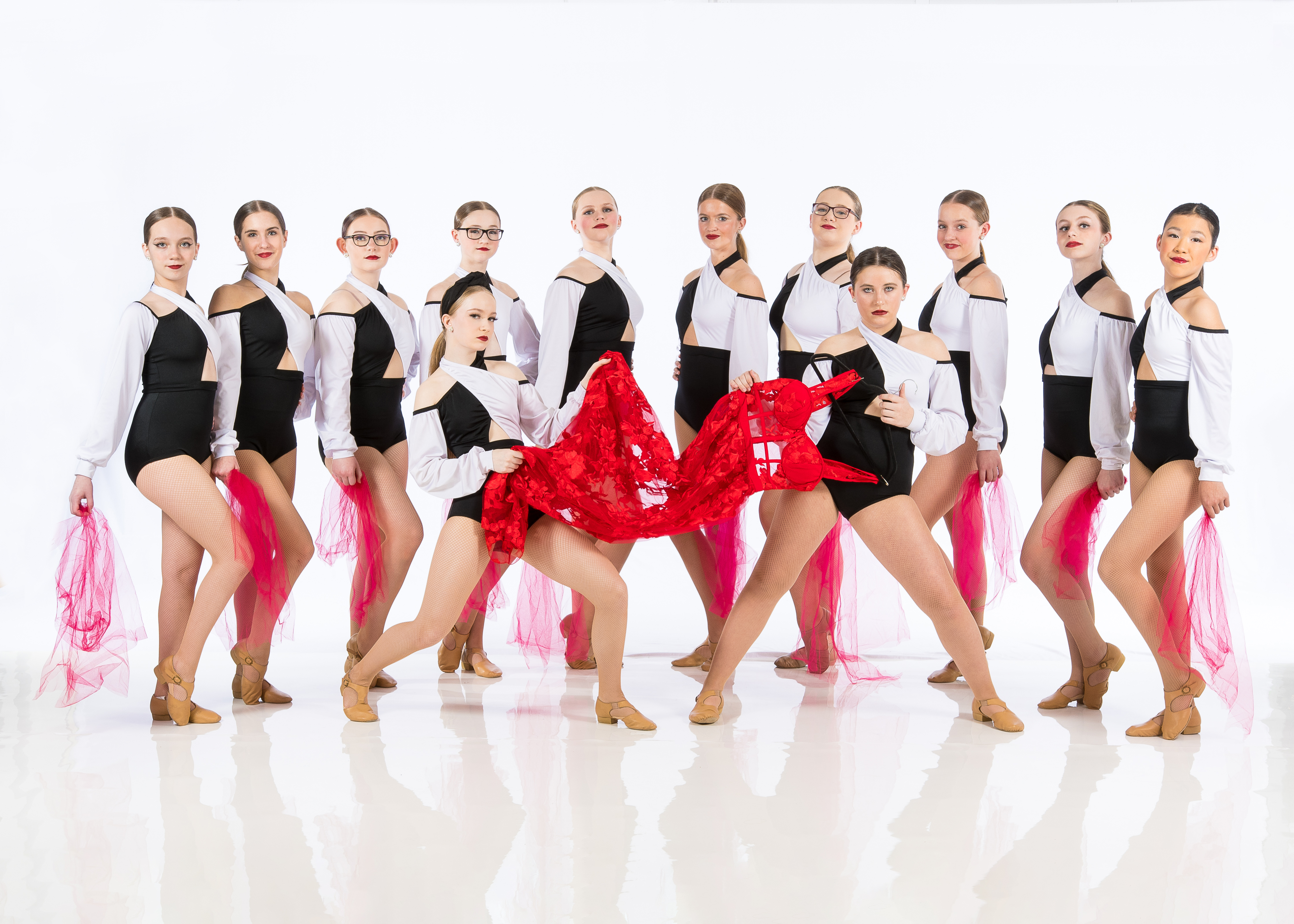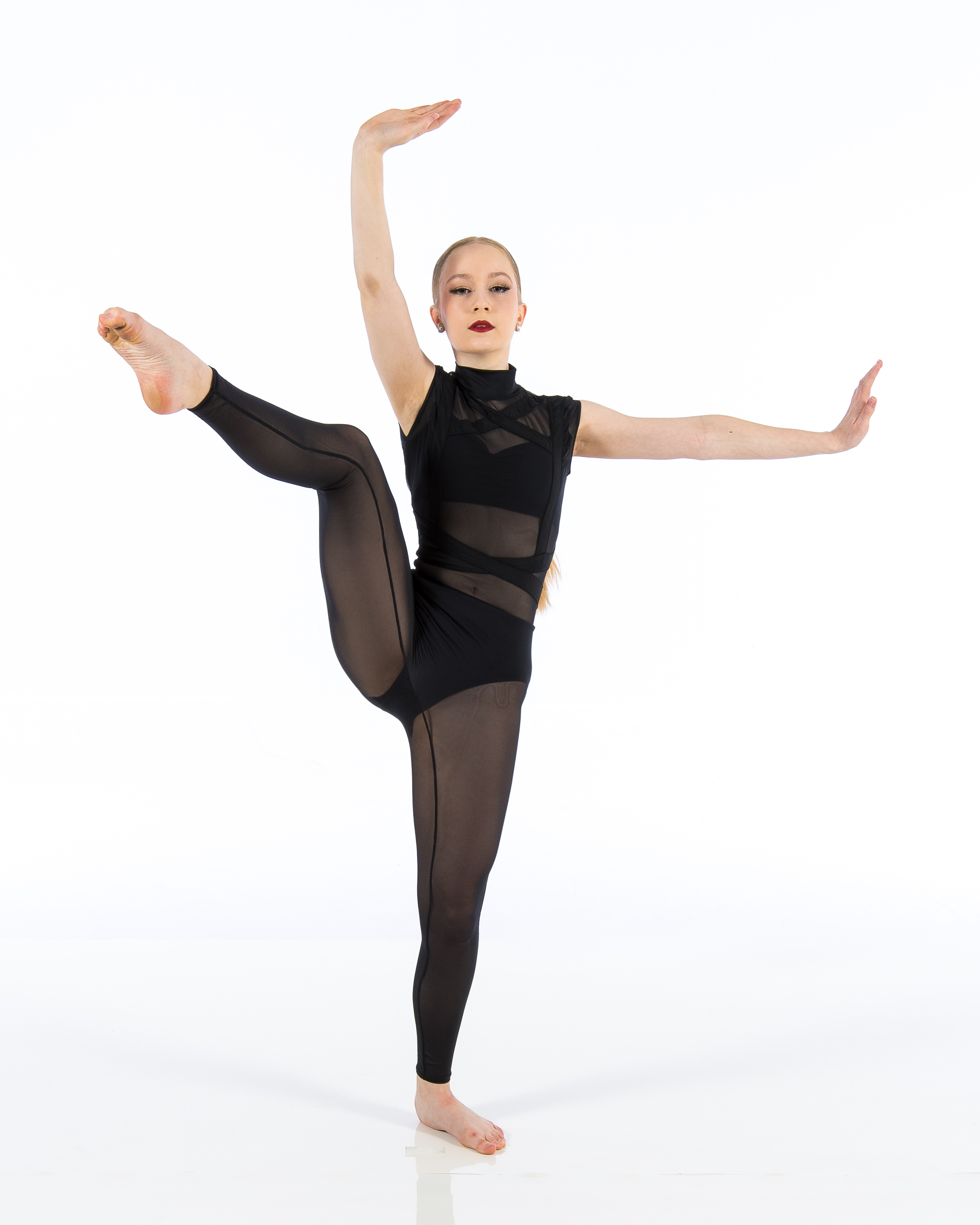Introduction
Stepping right into a dance studio for the first time is an electrifying experience, one that can stir a cocktail of feelings-- exhilaration, nervousness, anticipation. Whether you're a skilled dancer or simply starting your trip, understanding the subtleties of dance studio decorum can raise your experience and enhance your relationships with trainers and fellow professional dancers alike. In this extensive overview, we'll dive deep right into Mastering Dance Studio Rules: Vital Tips for Beginners and Pros Alike
From Click to find out more fundamental regulations to sophisticated considerations, this post will cover everything you require to find out about browsing the vibrant globe of dancing studios. So tighten those shoelaces and let's obtain started!
The Value of Dance Studio Etiquette
Why Rules Matters in Dance Studios?
In any creative setting, decorum plays a pivotal function in keeping harmony and respect amongst individuals. Dance workshops are no exemption. Good decorum fosters a positive ambience where creative thinking can flourish.
- Respect: Being thoughtful towards instructors and fellow professional dancers develops common respect. Focus: Etiquette decreases distractions, allowing everybody to concentrate on learning. Community: Decorum helps create an encouraging neighborhood that motivates development and camaraderie.
Common Mistaken beliefs Concerning Dance Studio Etiquette
Many newbies hold mistaken beliefs about what makes up suitable behavior in dance studios. Allow's disprove some misconceptions:
- Myth 1: "Just sophisticated dancers need to follow rules." Fact: Decorum is vital for all levels; it shows professionalism. Myth 2: "Teachers are also stringent regarding policies." Fact: Instructors enforce guidelines to preserve order and respect.
Basic Dance Studio Rules for Beginners
Dress Code: What to Wear?
First impacts matter! The appropriate clothes not just reflects your commitment but additionally boosts your performance. Right here's exactly how to clothe suitably:
- Comfort: Pick clothing that enable totally free movement. Footwear: Purchase good-quality footwear fit to your dancing style.
|Dancing Style|Advised Clothes|| -------------|-------------------------|| Ballet|Leotard, leggings, ballet slippers|| Hip-Hop|Baggy clothes, sneakers|| Tap|Comfortable clothing, tap footwear|
Arriving on schedule: Punctuality is Key!
Being late can disrupt the entire course. Goal to get to least 10 mins early to:
- Warm up. Settle in mentally.
Tip: If you're running late as a result of unexpected circumstances, notify the instructor beforehand.
Quiet Area: Preserving Silence Prior To Class
Dance studios grow on focus. Keep conversations to a minimum before course starts to guarantee everybody can prepare mentally.
Intermediate Dance Studio Rules: Structure Relationships
Respecting Individual Area in Class
Every professional dancer deserves their space during session. Prevent crowding others while practicing moves or routines.
Why It Issues: Respecting personal space advertises convenience and assists in far better understanding experiences.
Listening Proactively Throughout Instructions
When an instructor is talking, it's critical to pay attention. Energetic paying attention shows regard and aids you grasp crucial concepts.
How To Program Active Paying attention:
Maintain eye contact with the instructor. Nod when appropriate. Ask clarifying inquiries if needed.Advanced Dance Studio Rules: Boosting Your Experience
Providing Constructive Feedback Wisely
As you grow more knowledgeable, sharing feedback enters into the society. Nonetheless, approach this delicately:
Focus on certain movements instead of general critique. Offer recommendations just if obtained by peers.Encouraging Others: Building Area Spirit
Support your fellow dancers through inspiration:
- Compliment their initiatives genuinely. Celebrate their success openly.
Mastering Dance Studio Etiquette: Essential Tips for Beginners and Pros Alike-- The Instructors' Perspective
Understanding Instructor Expectations
Instructors typically have certain assumptions regarding habits in course. Acquainting yourself with these can greatly improve your learning experience:
Listen attentively when they speak. Follow guidelines precisely. Give your best shot during every session.Building Connection with Your Instructor
Establishing a great relationship with instructors can be valuable for your development as a professional dancer:
- Ask inquiries associated with choreography or strategy after class. Thank them for their assistance post-class; gratitude goes a long way!
Handling Problem With dignity in the Dance Studio Environment
Dealing with Disagreements Amongst Peers
Conflicts may emerge within any group setting; knowing exactly how to handle them gracefully is essential:
Approach the individual independently without escalating tension. Use "I" declarations instead of "you" declarations (e.g., "I really felt forgotten when ...").Addressing Concerns with Instructors Professionally
If you have concerns pertaining to guideline or classroom characteristics:
Request a private conference after course hours. Express your feelings constructively focusing on services rather than complaints.The Function of Non-Verbal Interaction in Dancing Studios
Understanding Body movement Signals
Dance naturally involves non-verbal communication; comprehending how body language functions in this context is important:
Positive body movement (e.g., open position) fosters connection. Negative signals (crossed arms) could communicate defensiveness or disengagement.
Using Eye Call Effectively Throughout Classes
Maintaining eye contact with instructors conveys listening while additionally aiding develop relationship among peers during team performances!


FAQs
Q1: What should I use for my initial dance class?
A1: Go with comfortable apparel that allows free motion-- yoga pants or leggings coupled with a fitted top jobs well!
Q2: Is it okay to miss out on courses occasionally?
A2: Life happens! Inform your trainer beforehand ideally; they'll appreciate your consideration.
Q3: How do I take care of sensation reluctant around various other dancers?
A3: Beginning tiny-- present yourself individually prior to broadening communications gradually as knowledge grows!
Q4: Can I bring friends along to observe classes?
A4: A lot of studios choose prior setups; check with management initially so they recognize extra attendees!
Q5: What happens if I differ with a teacher's feedback?
A5: Approach them professionally post-class; express feelings making use of "I" declarations focusing on constructive dialogue rather than confrontation!
Q6: Need to I take part in performances even if I'm new?

Conclusion
Mastering dance studio decorum isn't nearly complying with guidelines; it has to do with growing an improving environment where every person feels valued and motivated-- whether you're simply starting or improving innovative techniques as an experienced pro! By sticking very closely to these crucial ideas detailed below under Mastering Dance Studio Decorum: Crucial Tips for Beginners and Pros Alike, not only will you enhance your own experience however likewise add positively towards supporting an inviting community within each dance studio you grace with your visibility! So take these understandings onward into every workshop space you enter-- and allow the rhythm carry you toward excellence!